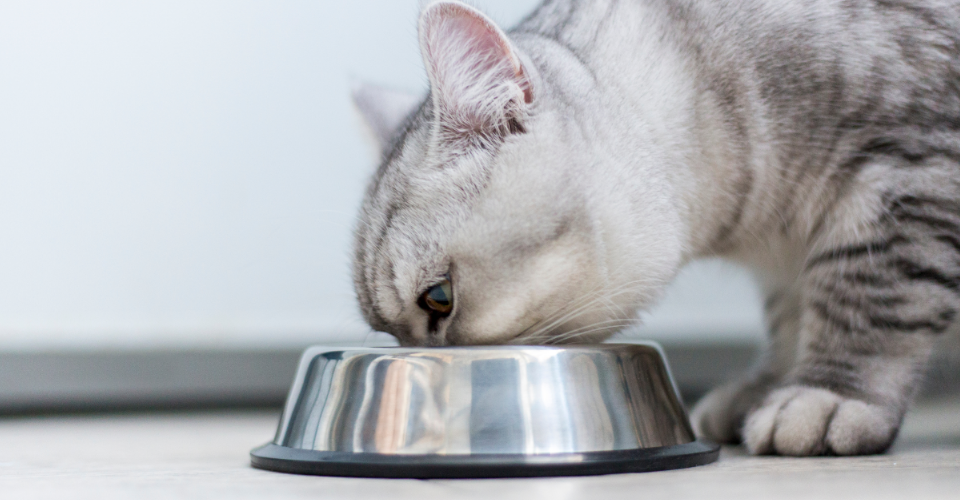Ways to Determine If Your Pet Is Healthy or Not
As a pet parent, your fur baby's health is paramount. Their well-being is more than just a wagging tail or a purr – it's about understanding their subtle cues and signs of vitality. If you can recognise these signs, you can be proactive about your pet's wellness.
Energy Levels
Observe your pet's usual activity levels. A healthy pet is generally energetic, curious, and playful. Sudden lethargy or a significant decrease in activity might signal an underlying issue.
Appetite and Eating Habits
A healthy pet typically has a consistent appetite and shows enthusiasm for mealtimes. Changes in eating habits, such as refusing food or overeating, could indicate health problems.
Healthy Weight
Monitor your pet's weight. Being able to feel (but not see) their ribs, having a visible waist when viewed from above, and a tucked stomach are signs of an appropriate weight.
Coat and Skin
A shiny coat, free from excessive shedding, dandruff, bald patches, or skin irritations, indicates good health. Regular grooming can help maintain their coat and reveal any abnormalities.
Good Digestion
Regular bowel movements that are firm and easy to pass indicate a healthy digestive system. Diarrhoea, constipation, or blood in their stool can be signs of underlying issues.
Dental Health
Healthy gums should be pink, with no swelling, and teeth should be clean without tartar build-up. Bad breath or changes in eating habits might indicate dental problems.
Behavioural Changes
Pay attention to any significant alterations in behaviour, such as increased aggression, excessive vocalisation, hiding, or seeking more attention than usual. These changes might signal discomfort or distress.
Respiratory Health
Laboured breathing, coughing, or wheezing can indicate respiratory problems. Pets should breathe easily without any obvious signs of struggle.
Regular Veterinary Check-ups
Annual check-ups with a veterinarian are crucial for preventive care. A vet can identify subtle signs of illness and provide appropriate vaccinations or treatments.
If you notice any unusual changes in your pet's behaviour, appetite, or appearance, consulting with a veterinarian is advisable. Remember, your attentiveness to your pet's health is a testament to your love and care for them!



